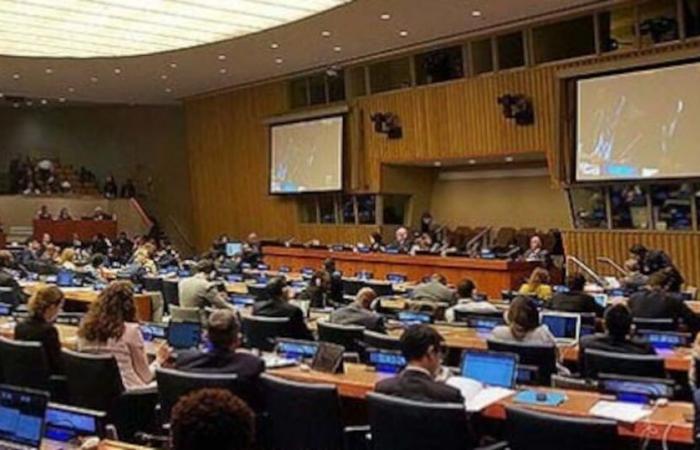Everyone followed the opening speech of the legislative year, in October 2024, in which the Sovereign spoke of a positive development in the file which some described as a major turning point.
«The foreign policy wisely pursued by the Sovereign has borne fruit», comments the lawyer, member of the Casablanca bar, Abdelkebir Tabih, in a long interview granted to the daily Assaba and published in its edition of Monday January 6.
This jurist wondered: should the Fourth UN Committee still be seized of this matter?
The question, he said, must be part of a broader debate on the Sahara affair, now that France and Spain have just recognized Moroccan sovereignty over its southern provinces.
The testimony of these two countries before the commission will undoubtedly completely change the balance of power and the nature of things.
These major changes, among others including the American recognition of the Moroccan nature of the Sahara, which were until very recently unexpected, continued the jurist, are likely to completely change the situation.
If in the past, the absence of recognition of the Moroccan nature of the Sahara by France and Spain, two former colonial powers, one of which has in-depth knowledge of the nature and foundations of this issue, while the The other knows the hidden mechanisms, could still justify the inclusion of the file on the agenda of the 4th Committee, everything changes today.
Both countries today recognize that this territory is historically part of Morocco.
Furthermore, the two countries hold historical documents, geographical maps and anthropological reports which confirm the Moroccan nature of this territory.
Let us not forget, stressed the jurist, that “it was Spain’s insistence on continuing to occupy this territory in southern Morocco that pushed the Kingdom to bring the Sahara affair before the Fourth UN Commission».
Morocco wanted this territory, then occupied by Spain, to be included under Security Council Resolution No. 1514 of 1960. This resolution, passed well before the Green March, only concerned the territories still occupied at the time of its adoption.
Even more, if France and Spain had testified, in view of the historical documents available to both countries, that the Sahara was a Moroccan territory before 1960, that is to say before resolution 1467 of the general assembly , the 4th Committee would never have been seized of the file.
According to the lawyer, if the file is before this Commission today, it is because Spain has fallen behind in recognizing the Moroccan nature of this territory.
This is the only reason that pushed Morocco to refer this matter to it.
Another fact noted by the lawyer, in his interview with Assababefore the 4th Commission, the territory of the Sahara was the subject of a dispute between Spain, as a colonizing power, and Morocco.
There was never any question of a dispute between Morocco and Algeria or even the Polisario, for the simple reason that neither existed at that time, neither on a legal level, and even less in reality.
Algeria was only created in 1962, that is to say two years after Morocco brought the Sahara affair before the Fourth Commission.
Par Amyne Asmlal
01/05/2025 at 8:02 p.m.






